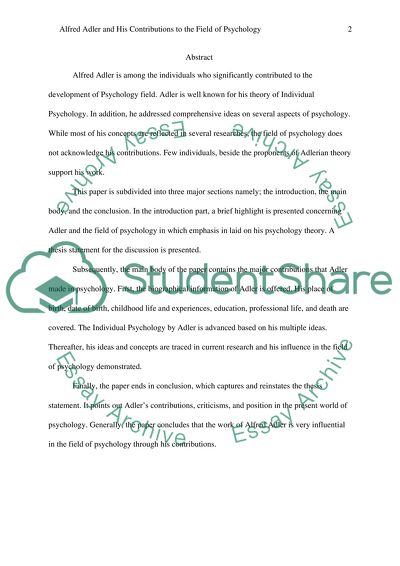Cite this document
(“Alfred Adlar and His Contribution to the Field of Psychology Research Paper”, n.d.)
Alfred Adlar and His Contribution to the Field of Psychology Research Paper. Retrieved from https://studentshare.org/psychology/1451924-alfred-adlar
Alfred Adlar and His Contribution to the Field of Psychology Research Paper. Retrieved from https://studentshare.org/psychology/1451924-alfred-adlar
(Alfred Adlar and His Contribution to the Field of Psychology Research Paper)
Alfred Adlar and His Contribution to the Field of Psychology Research Paper. https://studentshare.org/psychology/1451924-alfred-adlar.
Alfred Adlar and His Contribution to the Field of Psychology Research Paper. https://studentshare.org/psychology/1451924-alfred-adlar.
“Alfred Adlar and His Contribution to the Field of Psychology Research Paper”, n.d. https://studentshare.org/psychology/1451924-alfred-adlar.


